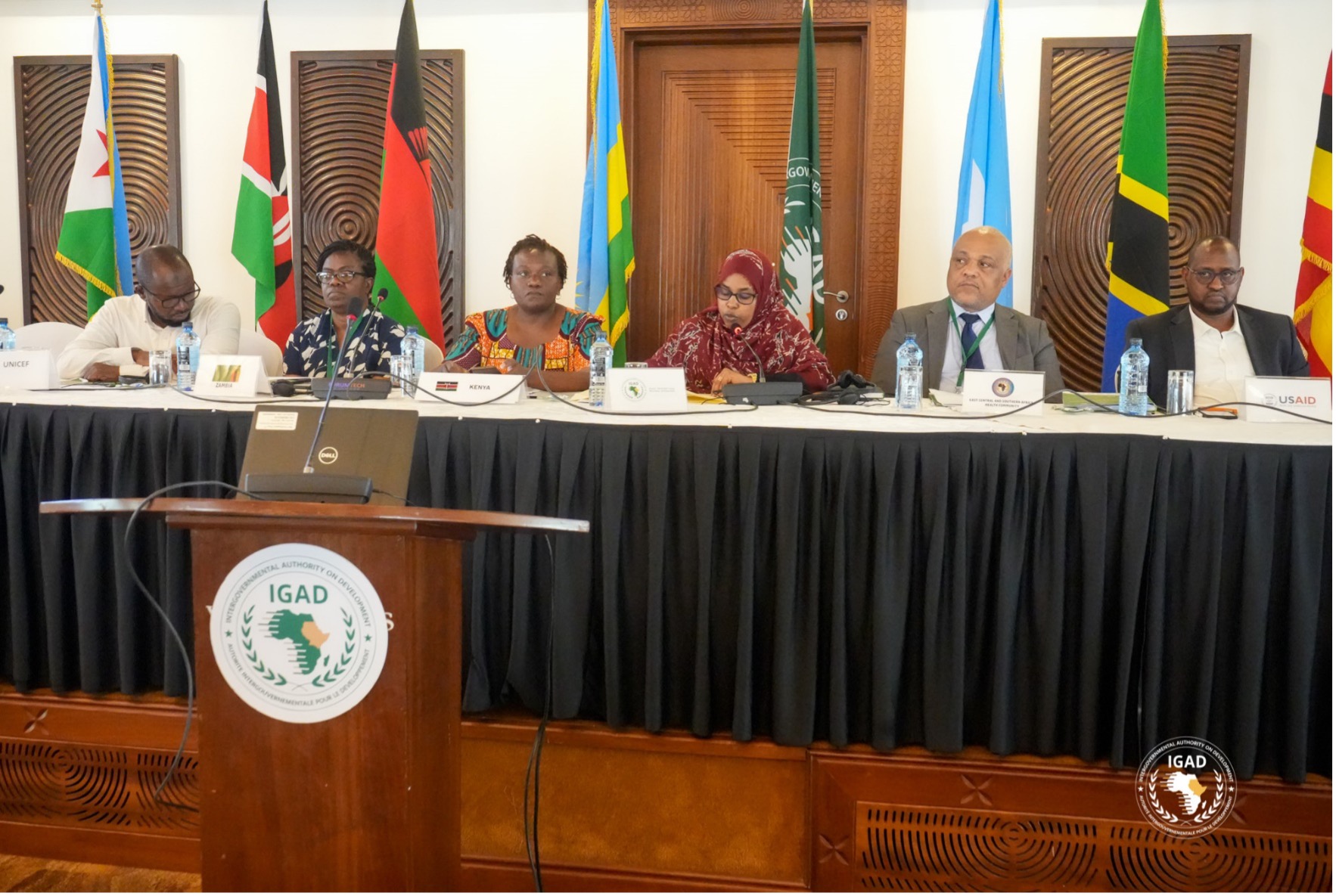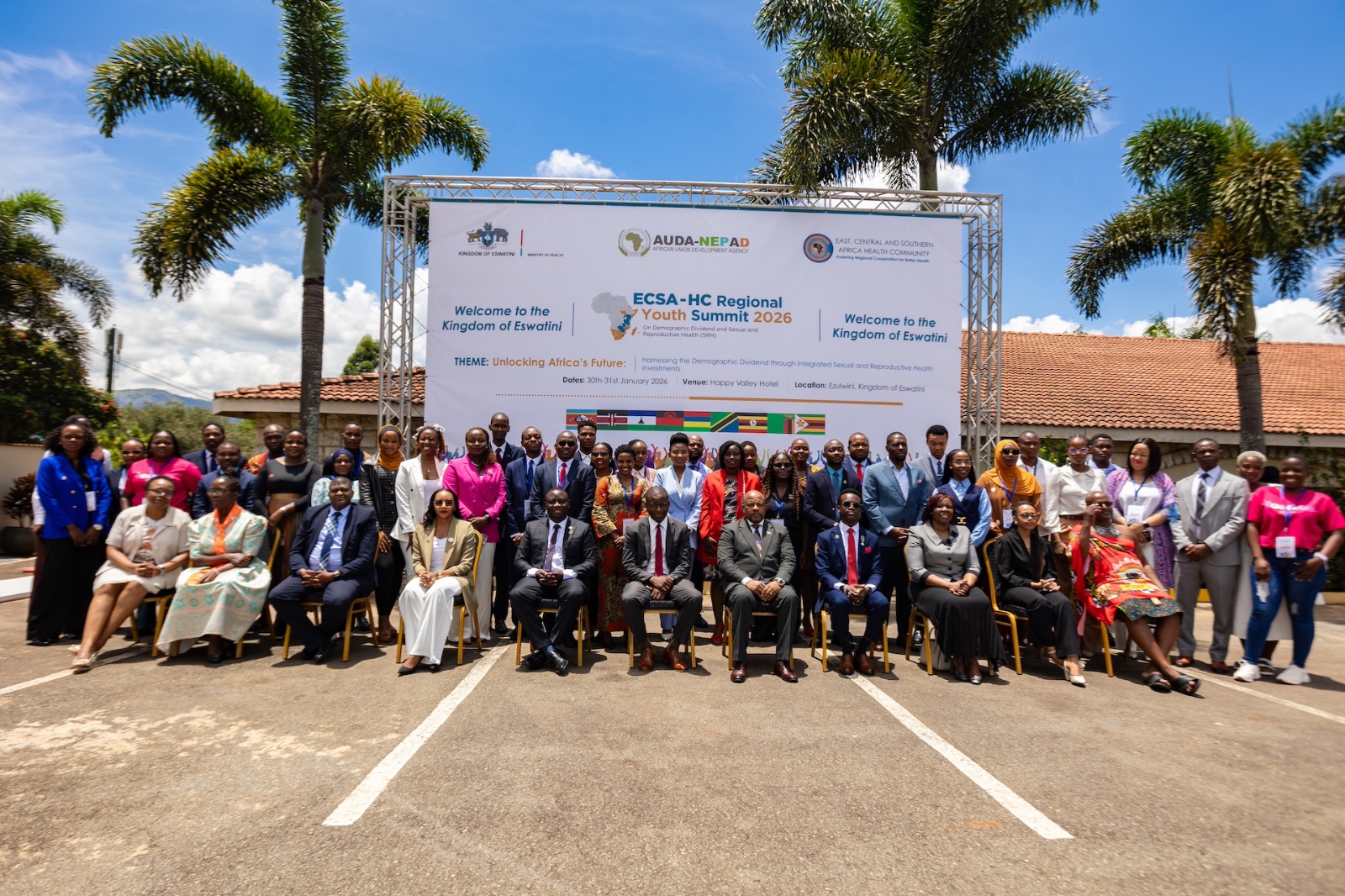ECSA-HC has successfully concluded the 76th Health Ministers Conference (3–5 Feb 2026) in Ezulwini, Kingdom…
Fostering Nutritional Excellence: ECSA HC and IGAD Collaborate for Enhanced Nutrition Surveillance

ECSA Health Community (ECSA HC), in collaboration with the Intergovernmental Authority on Development (IGAD) and USAID Advancing Nutrition, successfully convened the 4th Technical Meeting from the 21st to the 25th of August at Whitesands, Mombasa, Kenya. This assembly served as a crucial platform for the Learning Network on Nutrition Surveillance (LeNNS), facilitating the exchange of valuable insights on nutrition surveillance data. The network comprises participants from partner state Ministries of Health, research institutions, the Bureau of Statistics, universities, and other stakeholders engaged in nutrition programs, with a specific emphasis on nutrition surveillance.
During the formal inauguration, Mr Sibusiso Sibandze, the Director of Operations and Institutional Development, lauded the network for providing an avenue to share evidence-based knowledge, scientific advancements, and best practices in nutrition. He emphasized the network’s pivotal role in enabling informed decisions for program development, resource allocation, and capacity enhancement in the field of nutrition. Mr Sibandze underscored the importance of collaborative efforts both within and across sectors to effectively address the challenges posed by malnutrition and nutrition-related non-communicable diseases.
The LeNNS initiative is operationalized through three distinct Technical Working Groups (TWGs), each tailored to address nutrition surveillance’s specific needs and priorities across the participating countries. These groups are as follows:
1. Food Security and Early Warning Surveillance (Early-LeNNS)
2. Routine Surveillance (Routine-LeNNS) TWG
3. Micronutrient Surveillance (Micro-LeNNS) TWG

ECSA Health Community, a pivotal partner renowned for its extensive leadership experience within the region, had a unique opportunity to share its expertise and resources. Particularly noteworthy were the Harmonized Food Fortification manuals and advocacy materials, which serve as comprehensive guides for the effective implementation of Food Fortification initiatives within the member countries. Moving forward, the project countries, representing both the IGAD and ECSA regions—namely, Kenya, Uganda, Tanzania, Zambia, Malawi, Djibouti, Somalia, and Rwanda—will continue to receive targeted technical assistance. This assistance will encompass the execution of TWG roadmaps, bolstering laboratory capabilities to analyze micronutrients in fortified foods, supporting IGAD countries in adopting established regional standards, and enhancing capacities for data collection, synthesis, and early warning mechanisms in the field of nutrition.


